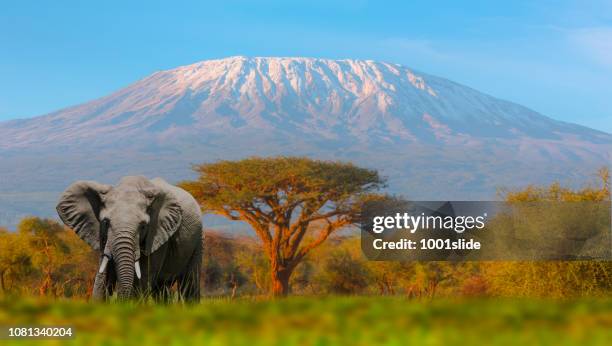
Tourism is the activity of traveling for pleasure, recreation, or business, and it involves the commercial provision of services to support such travel. It can be domestic (within one's own country) or international, and it plays a significant role in the global economy¹².
### Key Aspects of Tourism:
1. **Economic Impact**: Tourism generates revenue, creates jobs, and stimulates the development of infrastructure. It can significantly contribute to a country's GDP.
2. **Types of Tourism**:
- **Leisure Tourism**: Traveling for relaxation and enjoyment.
- **Business Tourism**: Traveling for work-related purposes.
- **Cultural Tourism**: Exploring cultural heritage, arts, and traditions.
- **Ecotourism**: Traveling to natural areas to conserve the environment and improve the well-being of local people.
- **Medical Tourism**: Traveling to receive medical treatment.
3. **Sustainable Tourism**: Focuses on minimizing the negative impacts of tourism on the environment and local communities while promoting conservation and sustainable practices¹².
### Importance of Tourism:
- **Economic Growth**: Tourism can boost economic growth by attracting foreign exchange and investment.
- **Cultural Exchange**: It promotes cultural understanding and exchange between people from different backgrounds.
- **Environmental Awareness**: Sustainable tourism can raise awareness about environmental conservation and the importance of protecting natural resources¹².
Tourism has a wide range of effects, both positive and negative, on various aspects of society and the environment. Here are some key impacts:
### Positive Effects:
1. **Economic Growth**: Tourism generates revenue, creates jobs, and stimulates the development of infrastructure. It can significantly contribute to a country's GDP¹.
2. **Cultural Preservation**: Tourism can promote cultural awareness and help preserve local traditions and heritage. For example, the Masai Mara in Kenya benefits from tourism by maintaining cultural practices².
3. **Infrastructure Development**: Income from tourism can be used to develop local infrastructure and services, such as roads, airports, and healthcare facilities².
4. **Environmental Conservation**: Sustainable tourism can help protect natural features and wildlife by generating funds for conservation efforts².
### Negative Effects:
1. **Environmental Damage**: Tourism can lead to environmental degradation, including pollution, deforestation, and wildlife disruption¹.
2. **Cultural Erosion**: The influx of tourists can sometimes lead to the loss of local culture and traditions as areas become more westernized².
3. **Economic Disparities**: Often, the profits from tourism do not benefit local communities as much as they should. Large international companies may take a significant share of the revenue².
4. **Social Issues**: Tourism can lead to overcrowding, increased crime rates, and higher costs of living for local residents¹.
Balancing these effects requires careful planning and management to ensure that tourism benefits local communities and the environment while minimizing its negative impacts.


0 Comments: